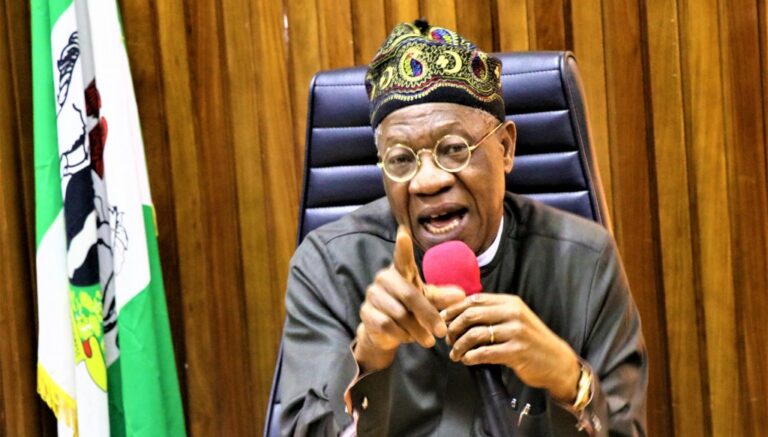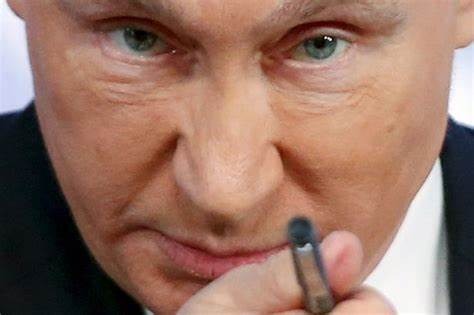Via Punch:
…The cost of an economic ticket for an hour flight on domestic routes has increased by about 400 per cent in less than five months. It rose from about N30,000 in February 2022 to about N150,000 as of Saturday. This has been tied to the high cost of aviation fuel.
Although the latest cost varied among various airlines, findings showed that the few surviving domestic carriers had raised the price of air tickets to match the rise in the cost of aviation fuel.
As of 9am on Saturday, it was observed that the airfare for 12.45pm flight to Lagos from Abuja on Nigeria’s largest commercial airline, Air Peace, was put at N150,000, while that of 5.35pm went for N100,000.
For MaxAir, the 7.20am Sunday flight ticket from Kano to Lagos went for N130,000, while Lagos bound flight tickets from Abuja on Saturday were sold at N90,000.
The rates, however, differed on some other routes, as Ibom Air’s 6pm flight ticket on Saturday from Abuja to Uyo, for instance, went for N86,000.
Airline operators justified the jump in airfares, attributing it to the hike in aviation fuel, which accounted for about 60 per cent of the cost of operations of an aircraft.
This, according to them, had also caused lamentations among air travellers and led to a drop in the passenger volume lately, as they expressed fears of more airlines’ failures and a possible collapse of the industry if nothing was done urgently to salvage the situation.
Iyayi analysed how a commercial aircraft consumes fuel and what operators spend on fueling their airplanes for an hour flight.
He told one of our correspondents that most carriers in Nigeria were currently struggling to survive.
He said, “It is possible for aviation fuel to cause a jump in the cost of air tickets and the reason is very simple. Fuel as a component of operation is about 40 to 60 per cent of the cost of operating an aircraft. So when you take a flight that will last an hour, for instance, a Boeing 737, the fuel it burns is about 2.5 tonnes an hour.
“If you translate that into litres, you’re talking of 104,000 litres. At the current rate of fuel being N1,000/litre, what that essentially means is that an airline must sell tickets to cover the cost of fuel, which will be approximately N4.5m for that particular flight.
“So at N4.5m, if you are selling at N100,000 you will need to sell 45 seats to even cover that cost alone. That is not talking about the maintenance reserves, crew cost, insurance and all other factors that you need to consider for your cost of operations to be covered. Therefore, if you look at it from the perspective of just fuel, what you have are airlines struggling to even cover their cost. There is no margin left.”
He said if the charges to be paid to the various agencies and regulators were added, the fate of the airlines could best be imagined.
He added, “You need to also know that five per cent of whatever revenue they make goes to the NCAA. Essentially, we are saying that even before an airline starts operations, it is already struggling. Hence, airlines cannot continue to sustain losses for all the other agencies and service providers to thrive in the industry. This has been the situation in the last decades.
“The truth is that airlines are operating in the most difficult and hostile environment in the Nigerian landscape.”
Also commenting on the situation, another major operator in the domestic air transport business berated the Central Bank of Nigeria for failing in stabilising the naira against the dollar.
“If you were buying fuel at N200/litre and all of a sudden you start buying it at N900 to N1000/litre due to the crash in your local currency, will you be happy with your Central Bank?” the operator, who spoke anonymously due to the sensitive nature of the matter, asked.
The airline operator added, “If the system gets better, then the cost of tickets would drop. But for now, that’s what you get if you must fly a safe aircraft. The CBN, the Federal Government and the Petroleum Resources Ministry must answer questions and tell us how they want to help address this concern.”
The umbrella organisation for the country’s domestic carriers, Airline Operators of Nigeria, had attributed the crisis in the sector to the high cost of JetA1 and the difficulty in accessing foreign exchange required for the business.
Another aviation expert and President, Association of Foreign Airlines and Representatives in Nigeria, Kingsley Nwokeoma, said there were fears that another domestic carrier might suspend operations soon.



